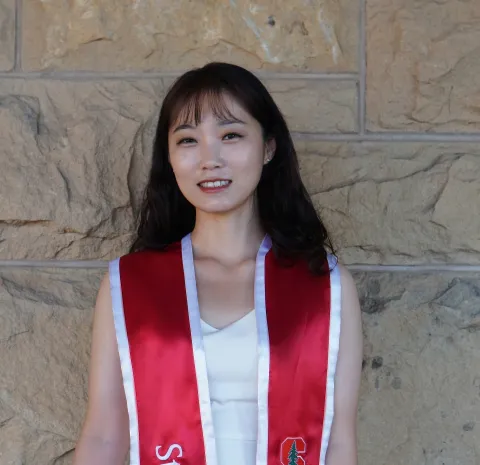
Yura Oh

As the world becomes increasingly interconnected, global challenges—such as the climate crisis and human rights violations—require collective action. Global citizenship education can foster learners’ empathy and responsibility to address these issues, contributing to a more sustainable future. To promote this agenda, UNESCO adopted the Recommendation on Education for Peace, Human Rights and Sustainable Development in 2023. Aligning with this initiative, South Korea has begun expanding global citizenship education components in its revised K–12 curriculum. Given teachers’ central role in cultivating students’ global awareness and engagement, strengthening global citizenship education within teacher training is essential. Through the lens of UNESCO’s Recommendation, this study examines university syllabi for secondary pre-service teachers and national teacher certification policies. An analysis of weekly course topics and learning objectives from forty colleges of education reflects a form of decoupling between global norms and university courses. Weekly topics are shaped more by national priorities and teacher training requirements than by international frameworks. Course objectives primarily emphasize knowledge acquisition over action-oriented learning. As a result, the type of citizenship pre-service teachers can obtain through the course remains limited to a minimal form, falling short of the transformative citizenship outlined in the Recommendation. These findings offer insights to guide policymakers, higher education institutions, and educators in expanding and deepening global citizenship education within teacher preparation programs.
